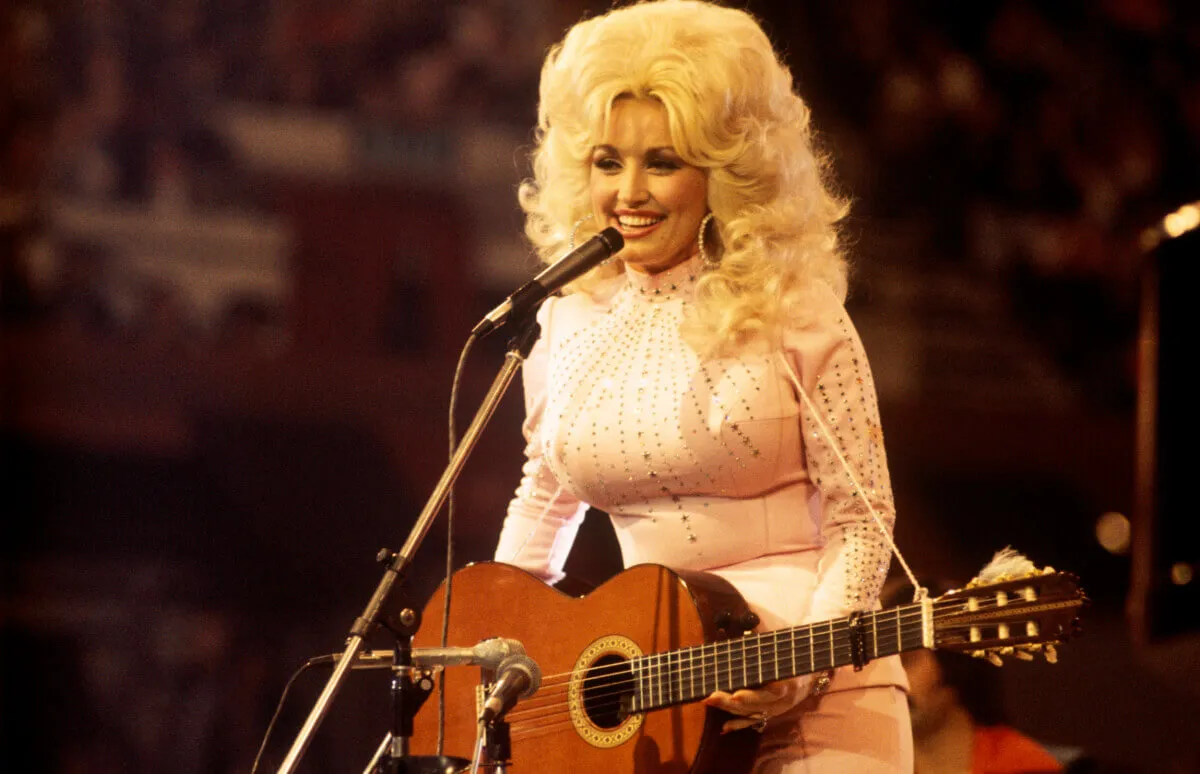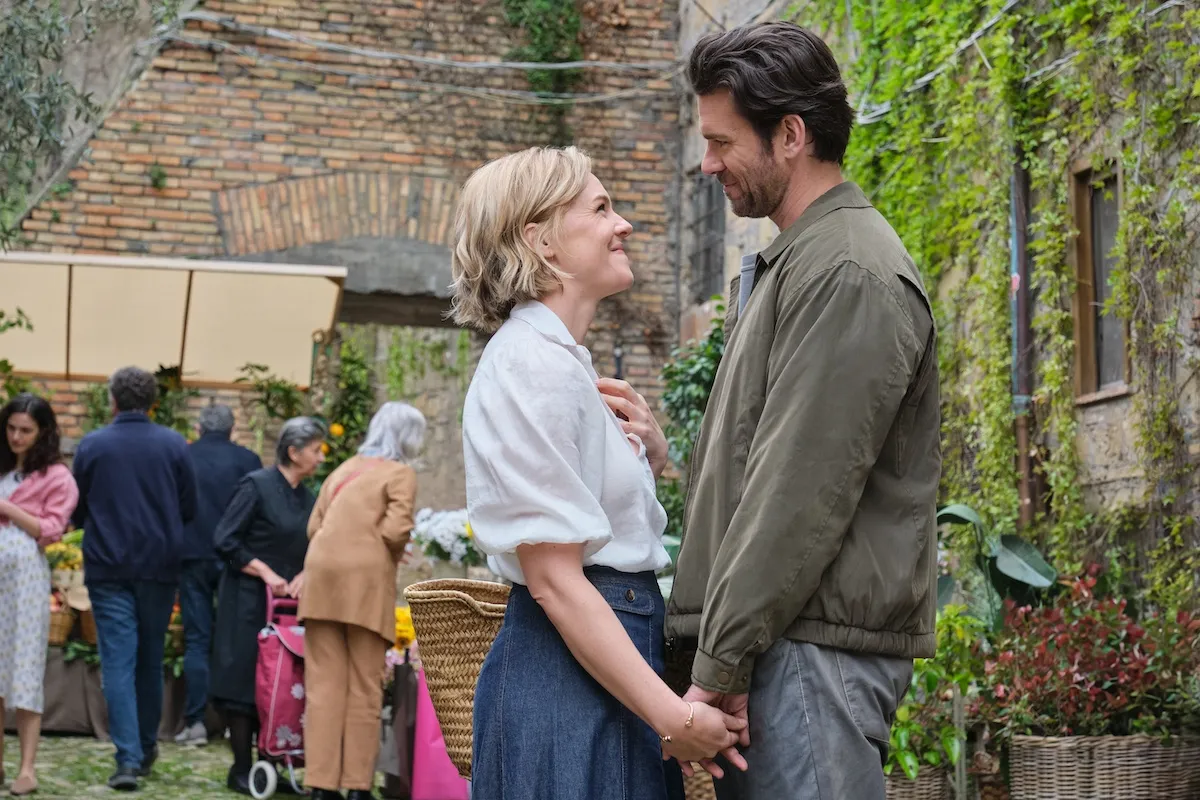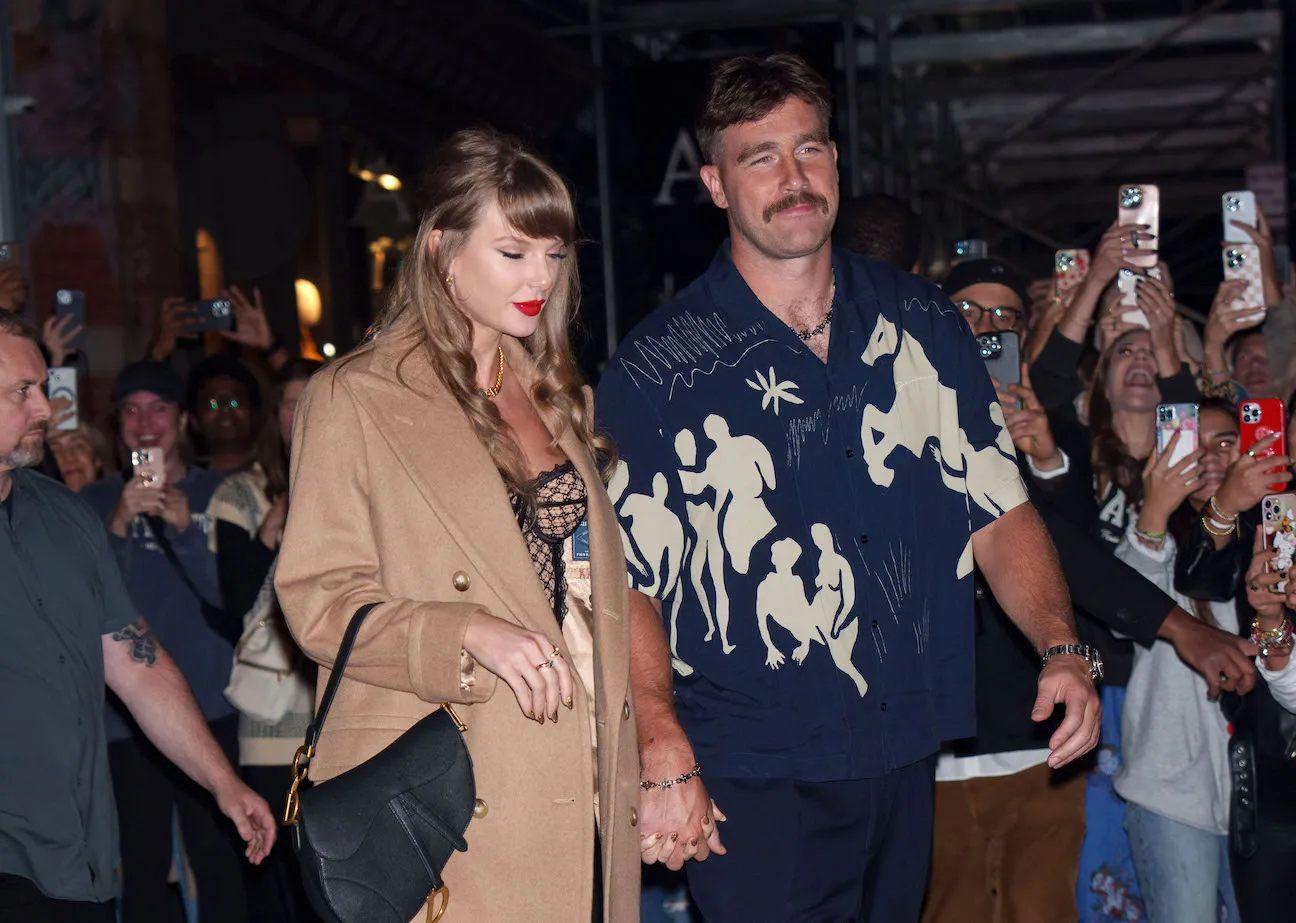
Emma Watson Said Paparazzi Were Lying on the Pavement Outside Her 18th Birthday Party Waiting to Take Photos Up Her Skirt
Growing up in the public eye is hard on any young person, but especially for girls. Emma Watson learned this the hard way. Portraying Hermione Granger in the Harry Potter franchise set her and her family up for life and made her a beloved actor for a generation of fans.
But success at that age also brings a level of scrutiny that frequently crosses the line into problematic territory. The borderline criminal invasions of her privacy culminated in the paparazzi taking inappropriate pictures of Watson as soon as she became a legal adult.

Paparazzi were far too excited about Watson turning 18
For many people, turning 18 is a momentous occasion. For Watson, those first steps into adulthood were complicated by the creepy attention of tabloid media. In 2016, she and Forest Whitaker spoke about their experiences with social stigmas and ways to make the world a more empathetic place.
The conversation was in support of HeForShe, a solidarity movement started by the United Nations that attempts to involve more boys and men in the fight for gender equality across the world. Watson is one of the principal spokespeople for the group.
The interviewer asks her about discrimination in the arts (this part of the conversation happens around the 10:00 mark), Watson pivots to talk about the ways her teenage sexuality was weaponized as soon as the media could get away with it. “I would say the biggest area of contrast for me has actually not been within the arts itself, but within probably the entertainment media and tabloids,” she said.
“I mean, I was obviously a child actress who is still making a transition, and I remember on my 18th birthday, I came out of my 18th birthday party and photographers lay down on the pavement and took photographs up my skirt, which were then published on the front of the English tabloids the next morning. If they published the photographs 24 hours earlier they would have been illegal but, because I turned 18 they were legal.”
She was aware of how she was sexualized as a child
Watson understood that her sex made her a target of misogyny from an early age. She gave a speech for the HeForShe campaign in 2014, where she recalled the first instances when she realized how gender influenced the ways she was viewed.
Watson was deemed “bossy” for wanting to direct childhood plays (boys with the same ambitions were not), and the media began to sexualize when she was 14. In the aftermath of that speech, online trolls set up a website with a countdown clock threatening to release nude photos of her to scare her into silence.
The toxicity only compelled Watson to move forward with her activism. “I knew it was a hoax—I knew the pictures didn’t exist—but I think a lot of people close to me knew gender equality was an issue, but they didn’t really think it was that urgent,” she told The Daily Beast.
“It’s funny because people went, ‘Oh, she’s going to be disheartened by this.’ If anything, it made me so much more determined. I was just raging. It made me so angry that I was just like, ‘This is why I have to be doing this!'”
The entertainment industry has a sordid history of predatory behavior toward underage performers
Watson’s public mistreatment is depressingly common for girls and young women. Women’s bodies have been objectified by the entertainment industry for as long as there’s been an entertainment industry, and the age and consent of the actors don’t always matter.
People like Mara Wilson and Evan Rachel Wood have spoken about the cruelty involved in some of their worst on-set memories as attempts were made to force them into a certain aesthetic without accounting for how they felt about these decisions. The issues continue to play a role in the industry.
Millie Bobby Brown also acknowledged how she was sexualized as she went through puberty, and Billie Eilish took note of how a section of her fan base reacted to her wearing more revealing clothes than they were used to.


